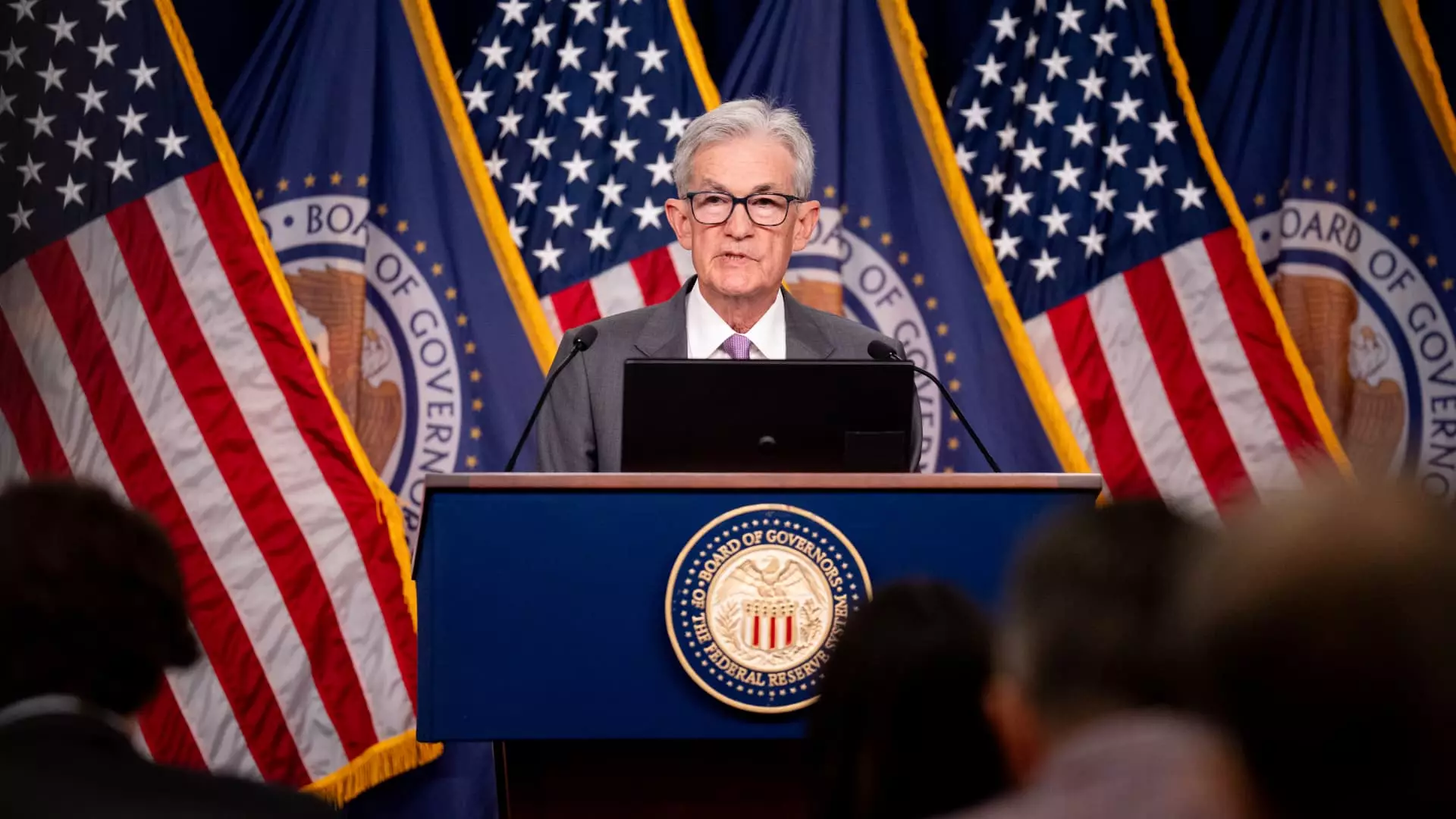In a recent interview with CNBC’s “Squawk Box Asia,” Kenneth Akintewe, the head of Asian sovereign debt at British fund manager abdrn, expressed his concerns about the U.S. economy potentially facing a prolonged slowdown in 2025. While abdrn predicts a soft landing for the economy, Akintewe raised questions about whether the Federal Reserve is making policy mistakes that could exacerbate the situation.
One of the key points raised by Akintewe is the revision of economic data, particularly non-farm payrolls, which have reflected a weaker economic outlook than initially reported. In August, the U.S. Labor Department revealed that the economy had created 818,000 fewer jobs than previously stated from April 2023 to March 2024. This adjustment indicates that job growth was nearly 30% lower than the 2.9 million originally reported.
Akintewe highlighted the impact of policy changes by the Federal Reserve, emphasizing that such adjustments take time to filter through the economy. He suggested that if the economy is indeed weaker than indicated by headline data, the Fed may need to implement significant easing measures, potentially totaling 150 to 200 basis points. However, he cautioned that it could take six to eight months for these changes to take effect.
As the U.S. economy navigates uncertain terrain, market participants are closely monitoring indicators such as the personal consumption expenditures (PCE) price index, the Federal Reserve’s preferred measure of inflation. Recent data showed a modest increase in the PCE price index, aligning with expectations. This development has tempered expectations of a substantial rate cut, with U.S. rate futures indicating a higher likelihood of a 25-basis-point reduction in the near future.
As Akintewe pointed out, the juxtaposition of a 5.5% policy rate with an inflation rate of around 2.5% raises questions about the necessity of such a high real policy rate in the prevailing economic environment. With mounting uncertainties and challenges on the horizon, including geopolitical tensions and global supply chain disruptions, a reevaluation of monetary policy may be warranted to support economic growth and stability.
Looking ahead to the second half of 2025, Akintewe cautioned that any easing measures implemented by the Federal Reserve may only begin to manifest their effects by that time. The delayed impact of policy changes underscores the need for proactive and strategic decision-making to address potential economic headwinds. As the market continues to gauge the Fed’s next steps, the focus should not solely be on the magnitude of rate cuts but also on the broader implications for economic dynamics and financial market stability.
While the prospect of a soft landing for the U.S. economy remains plausible, the risks of a prolonged slowdown underscore the importance of vigilant monitoring and swift action by policymakers. By heeding the warnings of experts like Akintewe and adapting to evolving economic conditions, stakeholders can navigate challenges and pursue opportunities for sustainable growth and resilience in the coming years.

